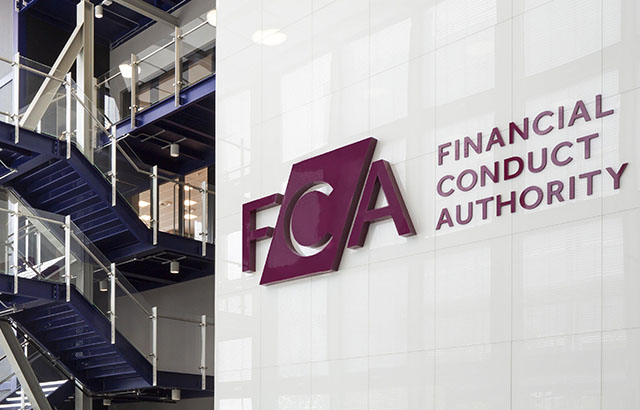The Alternative Investment Management Association (AIMA) filed a response on 30 April to the FCA’s publicising of enforcement investigations proposal, calling it a “radical departure” from the FCA’s current practice.
In February, the FCA proposed an announcement of enforcement investigations, which would include the names of companies and individuals when the case was opened and before a decision was made of any wrongdoing. The decision was met with pushback in the financial services sector, with 16 organisations signing a letter against the proposal.
AIMA’s response to the proposal questioned the need to release names of companies involved in investigations before they were concluded and said the proposed time period of one business day for companies to make an announcement regarding an investigation was “unreasonably short”. It emphasised the reputational harm that could come from naming a company before an official ruling was made.
See also: FCA releases proposals to expand SDR to wealth managers
AIMA CEO Jack Inglis pointed out that nearly two-thirds of the FCA’s enforcement investigations result in no action.
“The FCA already has a well-equipped toolbox to make strong signals to the market about compliance issues without doing the kind of damage to reputations and businesses that the publication of such sensitive information is likely to cause,” Inglis said.
“It claims that this is a transparency exercise, but the amount of discretion it will have under the proposed regime could result in selective and subjective disclosure, which undermines the stated policy objective.”
The FCA proposed the change in a bid to increase transparency with the public on its dealings and said that because of the delay in information with the current system, it reduces the “educational and deterrent effect of our enforcement”.
Amidst the AIMA’s concerns over the possible policy change, it included an unequal suffering for smaller firms, a divergence in the UK from international policies, reputational damage to firms and individuals, and privacy and human rights concerns.
This story was written by our sister title Portfolio Adviser








